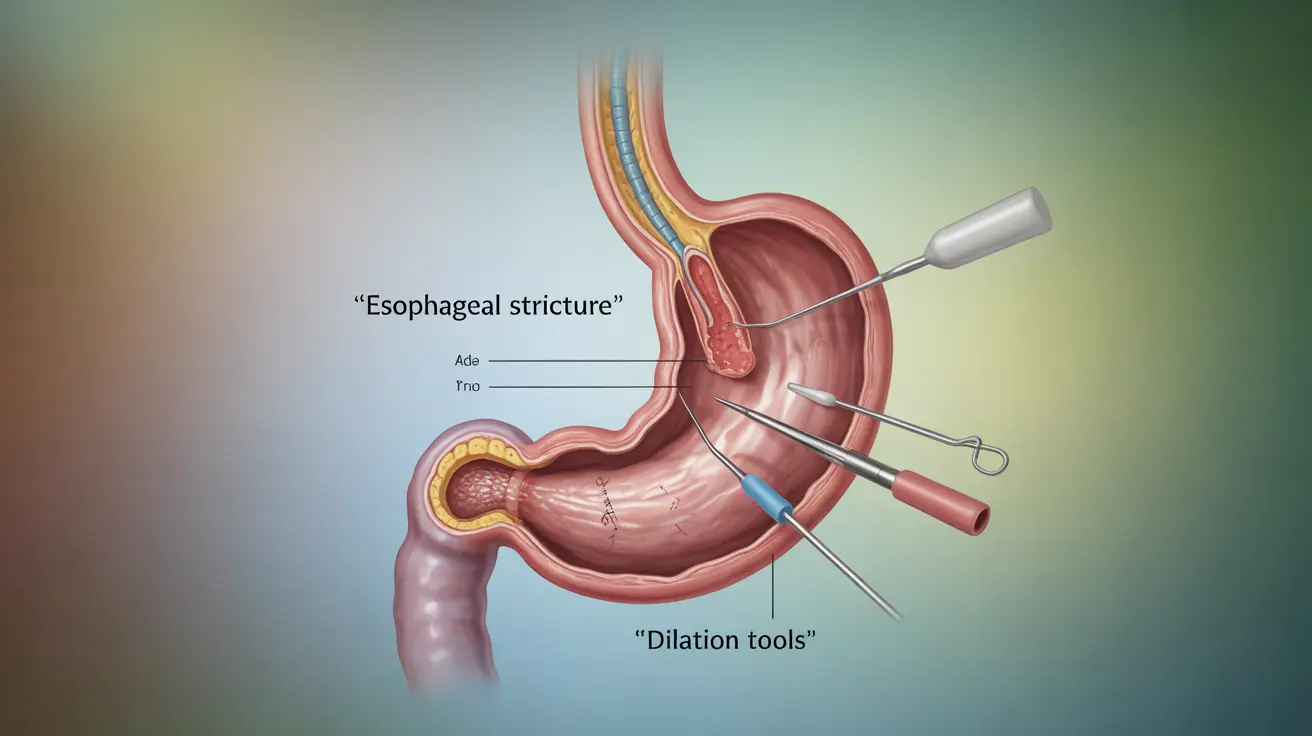Recognizing and dealing with toxic friends can be one of life's most challenging emotional hurdles. These relationships, which often start positively, can gradually become draining, harmful, and detrimental to your overall well-being. Understanding the dynamics of toxic friendships is crucial for maintaining healthy relationships and protecting your mental health.
In this comprehensive guide, we'll explore the signs of toxic friendships, their impact on your health, and practical strategies for managing or ending these challenging relationships. We'll also discuss how to establish healthy boundaries to prevent toxic dynamics from developing in future friendships.
Recognizing the Warning Signs of Toxic Friendships
Toxic friendships often reveal themselves through subtle yet consistent patterns of behavior. Understanding these signs is the first step toward addressing the situation:
- Constant criticism and negativity
- Manipulation and guilt-tripping
- One-sided emotional support
- Competitive or jealous behavior
- Disrespect for boundaries
- Unreliability and broken promises
- Energy-draining interactions
The Impact of Toxic Friendships on Your Health
Toxic friendships can have far-reaching effects on both mental and physical well-being. These relationships often create chronic stress that manifests in various ways:
Mental Health Effects
- Increased anxiety and depression
- Lower self-esteem
- Constant self-doubt
- Emotional exhaustion
- Sleep disturbances
Physical Health Impact
- Elevated stress hormones
- Weakened immune system
- Headaches and muscle tension
- Digestive issues
- Changes in appetite or sleep patterns
Setting Healthy Boundaries in Friendships
Establishing and maintaining clear boundaries is essential for preventing toxic dynamics in friendships:
Essential Boundary-Setting Strategies
- Clearly communicate your needs and limits
- Learn to say "no" without guilt
- Maintain personal space and time
- Define acceptable behaviors
- Stand firm on your values
Steps to End a Toxic Friendship
When you've identified a toxic friendship that cannot be salvaged, taking decisive action is important:
Practical Steps for Ending the Relationship
- Create emotional distance gradually
- Have an honest conversation if possible
- Be clear but kind about your decision
- Seek support from other friends or family
- Focus on self-care during the transition
Healing and Moving Forward
After ending a toxic friendship, taking time to heal and reflect is crucial:
- Practice self-compassion
- Strengthen other positive relationships
- Learn from the experience
- Focus on personal growth
- Consider professional support if needed
Frequently Asked Questions
What are the signs of a toxic friendship and how can I recognize them?
The key signs include constant criticism, manipulation, one-sided emotional support, disrespect for boundaries, and feeling drained after interactions. Pay attention to patterns of behavior that consistently leave you feeling worse about yourself or emotionally exhausted.
How can toxic friendships affect my mental and physical health?
Toxic friendships can lead to increased anxiety, depression, lowered self-esteem, and chronic stress. Physically, they may cause elevated stress hormones, weakened immunity, sleep problems, and various stress-related health issues.
What steps can I take to end a toxic friendship and protect my well-being?
Start by creating emotional distance, have an honest conversation if possible, be clear about your decision, and focus on self-care. Ensure you have a support system in place and consider seeking professional guidance if needed.
Can toxic friendships be a cause of anxiety and depression, and how can I manage these effects?
Yes, toxic friendships can significantly contribute to anxiety and depression. Manage these effects by seeking professional help, practicing self-care, building a supportive network, and engaging in stress-reducing activities like exercise and meditation.
How can I establish healthy boundaries in friendships to prevent toxic relationships?
Establish clear boundaries by communicating your needs directly, learning to say no without guilt, maintaining personal space, and being consistent with your limits. Remember that healthy boundaries are essential for maintaining balanced, positive friendships.




